‘Noli Me Tangere’ (‘Touch Me Not’) – Jose Rizal

I’m just about to begin ‘Noli Me Tangere’ (‘Touch Me Not’), the famous novel written in Spanish by the Philippines national hero, Jose Rizal (1861-1896).
From a prosperous middle-class family, Rizal was educated both in his native country and in Europe, becoming not only a naturalist and linguist but taking a degree in medicine in Spain.

Berlin, 1879
It was while he was overseas that he became involved with the organization of resistance to the continued Spanish oppressive domination of his country, though, it has been argued, perhaps not advocating complete independence.
In this pursuit, he self-published his first story in Berlin 1887, with a second being 'El Filibusterismo' ('Intruders'?). Together they have a strong resemblance to Dumas' return and revenge 'The Count of Monte Cristo', and to 'Les Miserables'.

Self-Published 'Noli Me Tangere', 1887
In 'Noli Me Tangere', Juan Christomo Ibarra, of mixed blood, returns to The Philippines after some years of traveling and studying in Europe. To see his family, claim his heritage and marry Maria Clara. He is now quite out-of-touch with the current situation, where the friars are in complete control of the Church and local politics. With the knowledge of the death of his father in prison, Rizal naively believes in the possibilities of change, an idealism that Filipinos round him advise is doomed. However, through the course of the novel, all end up badly - an inaction that calls for redress.
Rizal was executed in 1896 for actions constructed by the establishment as subversive. He was shot in the back, the traitors’ death as recipients fall on their faces.
The Spanish were forced to relinquish their Asian colonial possession in 1898 in a war with America over Caribbean colonies. With the second colonial power departing after 1945, ‘not to return’.
The title of the novel has an ancient aetiology in Christianity, being the words spoken by the rise Christ outside his tomb to Mary Magdalene:

Fra Angelico 'Noli Me Tangere' 1440 Convent of San Marco Florence

Giotto di Bondone (1267-1337), Cappella Scrovegni, Padua
Rizal uses his two literary works to awaken the consciousness of the middle classes to the need for action, though of course the novels are far more than simple political propaganda.
Not so incidentally, Maria Clara has become today a powerful national ideal, weaving a complex symbolism as the illegitimate daughter of a friar and being nearly raped by a priest.






![C18 Bronze Buddha [Southern China]](https://blogger.googleusercontent.com/img/b/R29vZ2xl/AVvXsEioLkgVKuhDoIHQgM1X6Oe2hGn75yqaj4OJXPmNpumXmQPKxB22S57YS5DVrl1P7zl7BS6EFpAtaNZPze7gzVCRiQI54bwdHhVa4fGr7NOChZwTZoo92gUen6tC5U8gWIy_pv92U0FB38M/s1600/Buddha+%255BBronze%252C+C18%252C+China%255D+1.jpg)




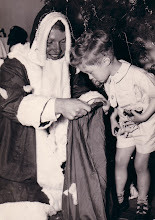








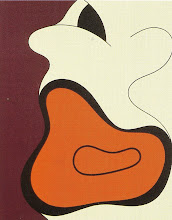+1998+Cropped.jpg)

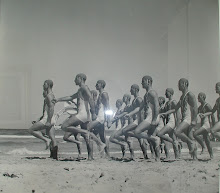
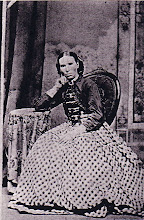







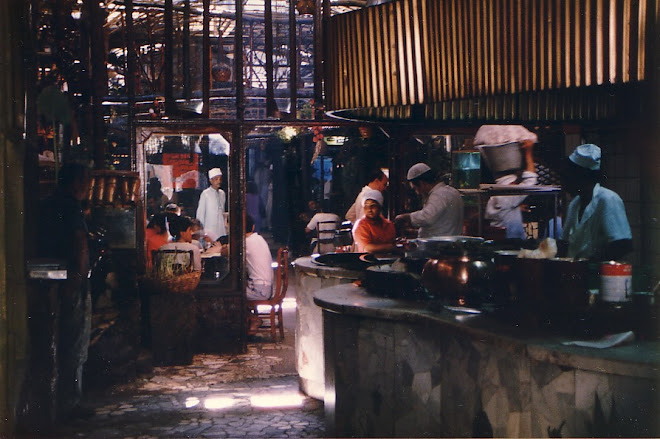

No comments:
Post a Comment